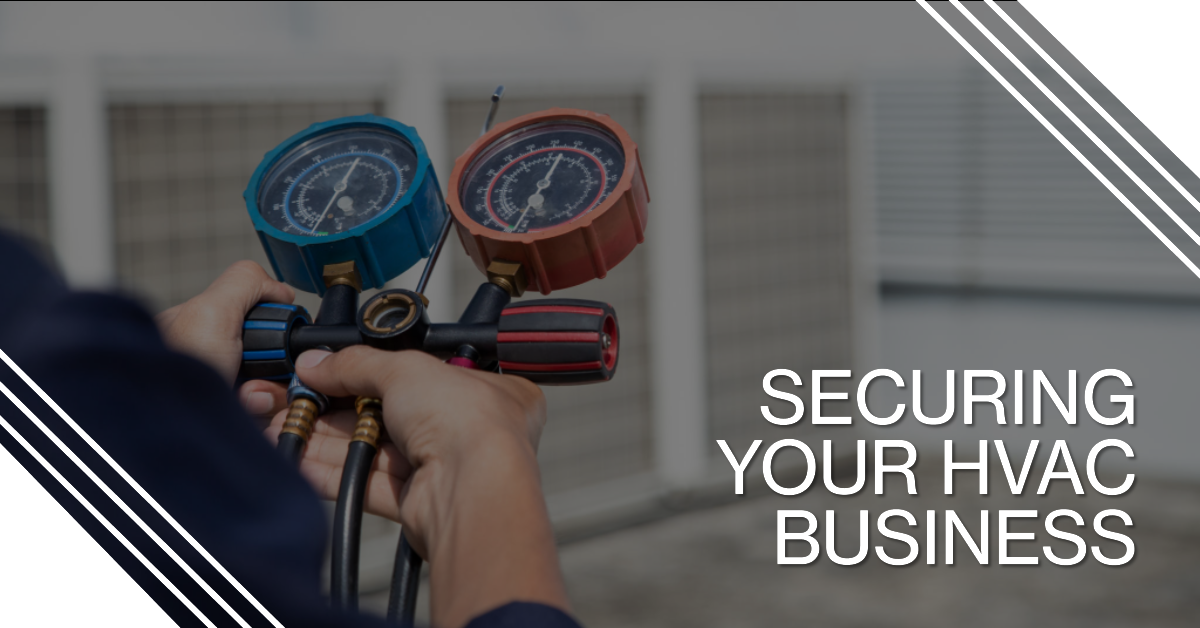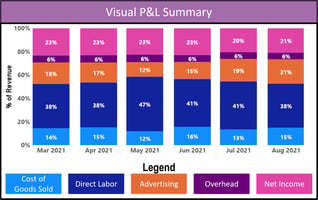Directing an HVAC business requires a keen focus on service quality, but the necessity of managing...
Securing Your HVAC Business: Navigating Fraud Risks & Modern Solutions

In the dynamic realm of Small and Medium-sized Businesses (SMBs), maintaining financial integrity can be a challenge. As these businesses navigate the complex landscape of fraud risks, the potential of modern solutions, including cloud-based accounting ecosystems and trusted third-party partners, can offer a beacon of security.
1. False Billing/Invoicing: This type of fraud involves creating and paying invoices for non-existent or inflated services. An example relevant to an HVAC company could involve an employee setting up a fake vendor that supposedly provides refrigerant or other materials, then regularly billing for these supplies, while pocketing the payments. To mitigate this risk, regularly review and validate your vendor list, and implement a system requiring multiple approvers for new vendors and large invoices. Cloud-based accounting systems provide an environment where such approval processes are easier to implement and enforce. Moreover, they offer real-time visibility into transactions, making anomalies easier to spot.
2. Payroll Fraud: This could involve an employee adding ghost employees to your payroll or inflating their hours or pay rate. For instance, a payroll officer in your HVAC company might add a fictitious technician to the payroll, or unjustly inflate the hours of existing technicians. To prevent such occurrences, enforce dual approval for adding new employees or changing pay rates, and regularly audit your payroll data. Cloud-based payroll systems not only make it easier to enforce these controls but also provide a platform for an independent party, like a cloud accounting firm, to review and audit payroll data remotely.
3. Expense Reimbursement Fraud: This fraud involves the submission of inflated or entirely fictitious business expenses for reimbursement. An HVAC technician, for example, could claim reimbursement for personal tools or equipment purchased, fabricating the corresponding receipts. Mitigation measures include implementing clear expense policies, requiring detailed receipts for all claims, and regularly auditing expense reports. A cloud-based expense management system could help automate receipt tracking and enforce policy compliance. Your accounting partner can assist by auditing these digital expense reports on a regular basis.
4. Check Tampering: This involves intercepting a company check, altering the payee name or amount, and then depositing it into a personal account. For example, an accounts payable clerk in your HVAC company might alter the payee details on a check intended for a parts supplier, instead directing the payment to their personal account. Prevent this by securing unused checks, requiring dual signatures for large amounts, and regularly reconciling bank statements. A move towards digital payment systems, as part of a cloud-based accounting platform, can significantly mitigate this risk by providing a tamper-proof digital trail of all transactions.
5. Theft of Cash or Assets: This straightforward form of fraud involves stealing cash or assets directly from the company. For example, an HVAC technician might routinely take home parts or equipment, or a front-office employee might skim cash payments received from customers. Implement secure storage and handling procedures for cash and assets, perform regular inventory checks, and establish clear policies and penalties for theft. Cloud-based systems can assist with real-time asset tracking and maintaining transparent records of all cash transactions.
Cloud-based accounting ecosystems offer real-time monitoring, integrated applications, and advanced automation capabilities. However, embracing such technology requires careful consideration. Concerns about data security are valid and should be addressed by choosing partners who prioritize encryption, user authentication, and other security protocols.
By choosing a cloud accounting firm to manage these processes, an HVAC business owner can greatly reduce these fraud risks. The firm’s expertise in implementing and enforcing robust controls, coupled with the advanced features of cloud-based systems, can provide the reassurance of a secure financial environment.

.png?height=200&name=Designer%20(1).png)

